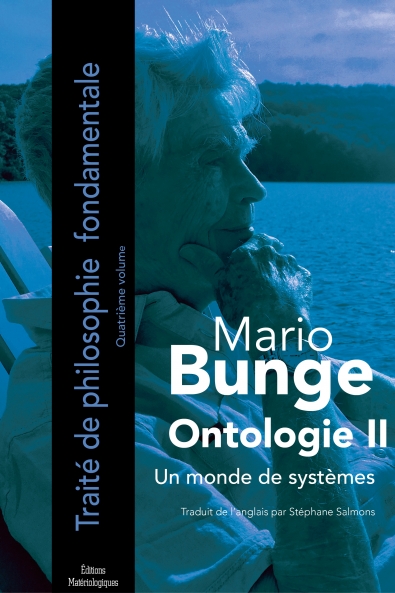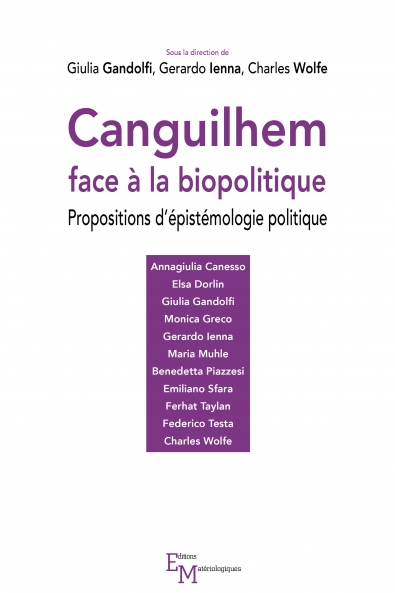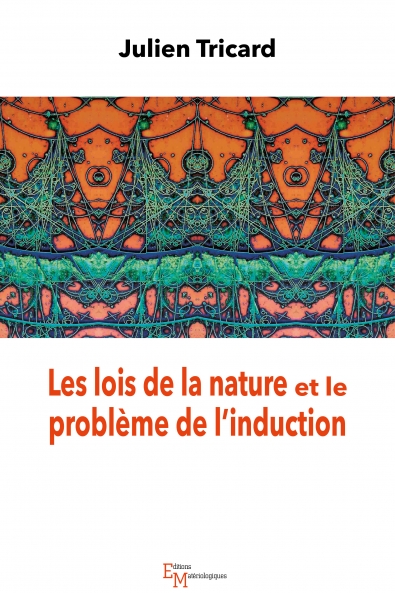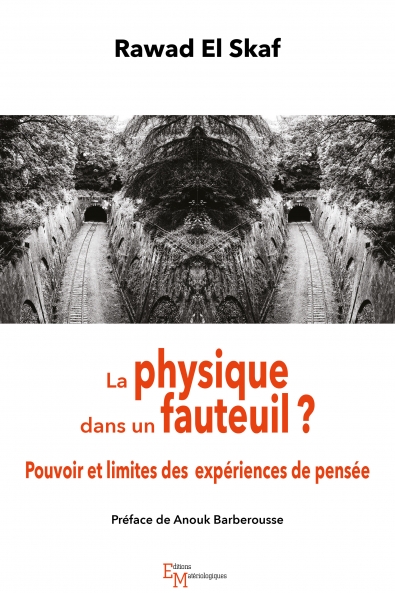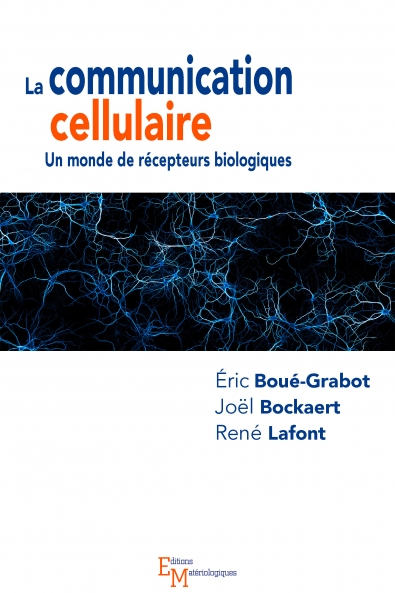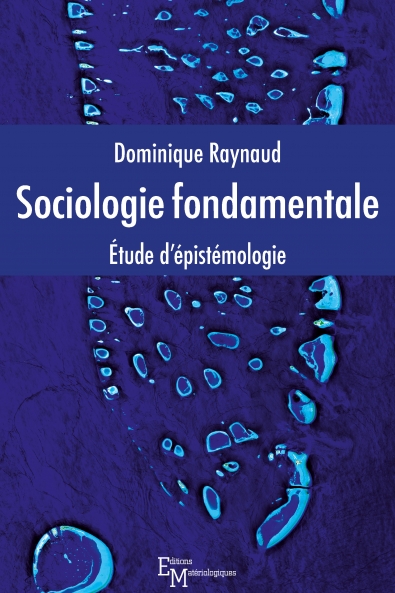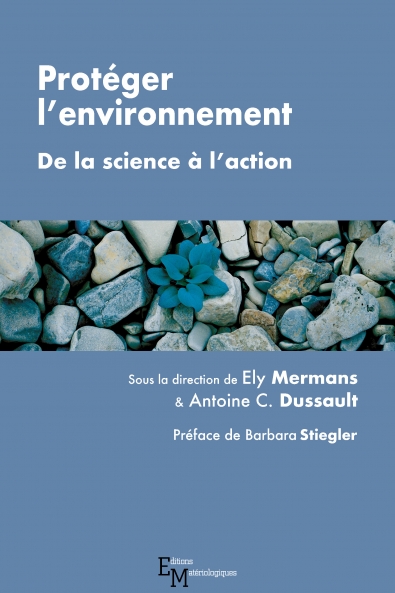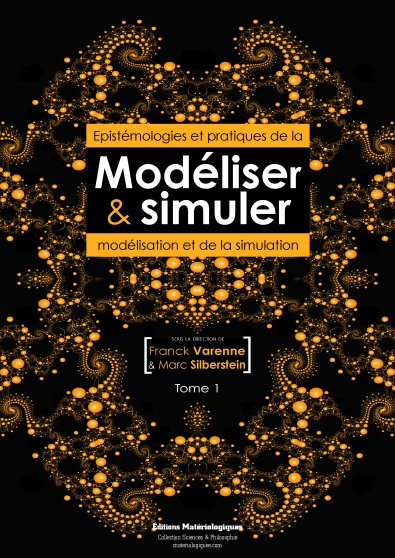No products
Prices are tax included
Product successfully added to your shopping cart
There are 0 items in your cart. There is 1 item in your cart.
News
Catalogue
Editors : Philippe Huneman (DR CNRS), Guillaume Lecointre (Pr MNHN) et Marc Silberstein (EM)
As the main collection of Editions Matériologiques, science & philosophy is based on a strong editorial expertise in the fields of science, philosophy of science and history of science, and a solid and long-standing network of scholars (epistemology, biology, physics, cognitive sciences, neurosciences, etc.). The aim is to propose several perspectives on science, scientific reasonings and their philosophical outcomes or consequences. In a framework both open to the diversity of scientific practices and watchful toward rigor, we aim to think about science beyond vague discourses, misuses, misconceptions and views of science forgetting how important they can be for a meaningful philosophy. The collection “science and philosophy” is therefore an area where philosophers and scientists will publish original research about epistemology and philosophy of science. Perspectives go from epistemological thinking on a given domain of scientific activity to the main general trend toward naturalization of objects of knowledge and the study of the links between sciences and materialism. Our aim is to propose a plurality of approaches within a materialist framework, open-minded but clearly endorsed.
Protéger l’environnement
De la science à l’actionDans les années 1970, l’éthique de l’environnement émerge au sein des philosophies nord-américaines et européennes avec pour proposition de repenser les rapports «humains-nature» dans une optique qui va au delà des seuls intérêts et droits individuels humains. Ce projet de « nouvelle éthique » confronte l’idée alors largement admise par les éthiques...
24,00 €Modéliser & simuler, tome 1, volume 1
Epistémologies et pratiques de la modélisation et de la simulationModèles analogiques, modèles mathématiques, multimodélisations, simulations numériques, simulations à base d’objets ou à base d’agents, simulations hybrides, simulations multi-échelles, multi-aspects ou multi-physiques… Cet ouvrage entreprend de faire le point sur la variété des techniques contemporaines de modélisation et de simulation en sciences. Le...
40,00 €







